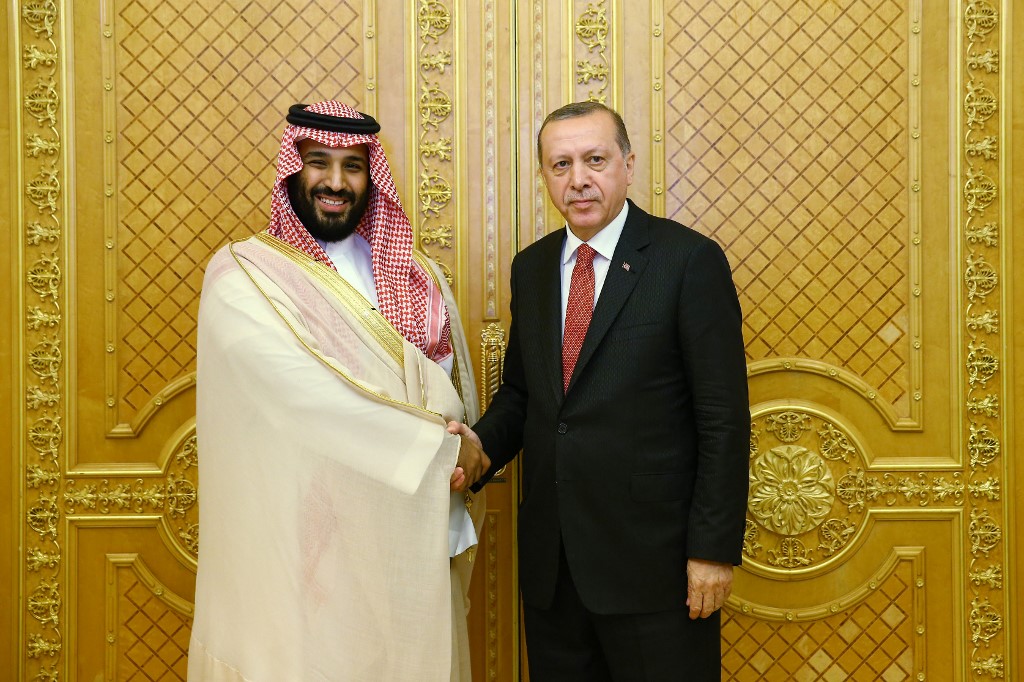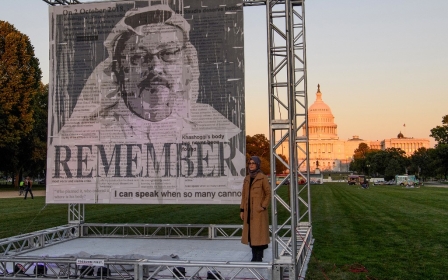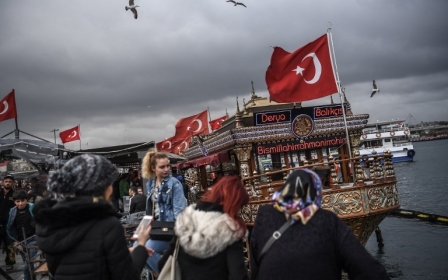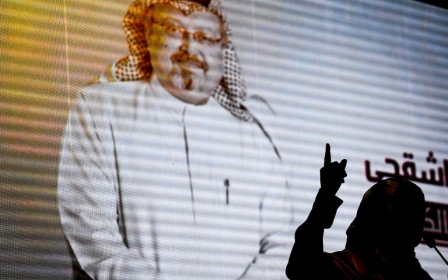Turkey trashes democracy by transferring Khashoggi case to Saudi Arabia
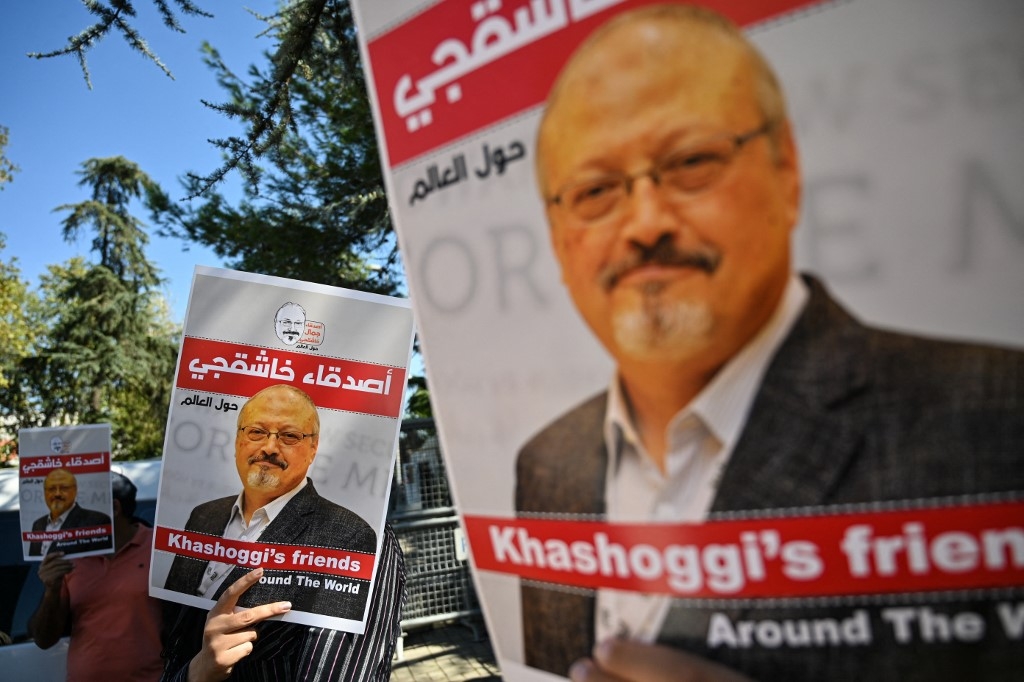
A Turkish court on Thursday announced it would halt the trial of 26 Saudi suspects over the murder of journalist Jamal Khashoggi and transfer it to Saudi Arabia.
This is not something you would expect in a democracy, where the judiciary is supposed to be independent of the executive. Of course, democratic policymakers might deem it necessary to shift international relations in a way they believe would serve the state better; in politics, there are no permanent friends nor eternal enemies. But any foreign policy shift in a democracy should not entail influencing or halting legal proceedings.
The glutton Arab despots on the receiving end of compromise can never be satisfied; they will always want more
In anticipation of the Turkish decision, Middle East Eye reported earlier this year that Saudi Arabia had been pressuring Turkey to halt court proceedings in the Khashoggi case. The Saudi journalist was murdered at the kingdom’s consulate in Istanbul in October 2018.
According to the MEE report, the Saudis also wanted Turkey to use its leverage to shut down a second lawsuit filed in a US federal court by Khashoggi’s former fiancee, Hatice Cengiz, and the US-based advocacy group Democracy for the Arab World Now (DAWN), established by Khashoggi before his death.
The Saudis know there is no way they can ask their friends in Washington to intervene in the court case, as no democratically elected official would even contemplate it. The Saudis might have thought the Turkish government could press Cengiz and her partners to withdraw the lawsuit.
New MEE newsletter: Jerusalem Dispatch
Sign up to get the latest insights and analysis on Israel-Palestine, alongside Turkey Unpacked and other MEE newsletters
Arab dictators know well the limits of what they can ask from their democratically elected allies in the West, but they also seem to have discovered a Turkish vulnerability.
Serious repercussions
Indeed, the acquiescence of the Turks to Saudi demands underscores the susceptibility of Turkish government officials - a dangerous byproduct of the immaturity of Turkish democracy.
It is also a miscalculation, as one concession will certainly be followed by another, and then another. And the glutton Arab despots on the receiving end of compromise can never be satisfied; they will always want more.
The Turks may have a genuine need to open up to other countries in the region, not least to alleviate the pressures on their country’s economy. But inasmuch as Ankara needs to proceed with reconciliation, Arab governments in the region are equally desperate, if not more so.
Some Turks argue that the Turkish legal proceedings in the Khashoggi case were not going anywhere, so why not halt them as a gesture of goodwill to encourage the Saudis to remove all obstacles to normalisation? But this argument misses the key point, which is the importance of an independent judiciary - a pillar of democratic government.
That is why human rights defenders are justified in expressing profound concerns over the potential repercussions of the Turkish decision. An independent judiciary is a fundamental guarantor of rights and freedoms. Once the executive authority seizes control of the judiciary, no journalist, writer, artist, human rights activist or political critic of any type will feel safe.
Dangerous precedent
The Turkish decision is gravely misguided for another obvious reason. If murderers, such as those who killed and dismembered Khashoggi, can act with impunity because governments need to do business together, then that constitutes a very ugly and dangerous precedent.
Not only may a regime such as that of Saudi Arabia contemplate a repeat, but other tyrannical governments may be encouraged to go after their own opponents living in exile in Turkish cities.
For this reason, even if the legal proceedings in Turkey were unlikely to ultimately deliver justice due to the unwillingness of the Saudis to cooperate, the benefits of continuing the case should be obvious: doing so could act as a powerful deterrent.
It is fully understandable that Turkish policymakers want to reconcile differences with the Arab regimes they had earlier antagonised by sympathising with the Arab Spring revolutions.
The uprisings have now been suppressed, the Arab Spring turned to winter, and both sides of the divide feel it is time to start a new chapter.
Turkey shouldered a huge burden because of its pro-Arab-Spring stance, and it has a right to find ways of unloading some of that burden. But this should never have come at the expense of undermining its own democracy.
The views expressed in this article belong to the author and do not necessarily reflect the editorial policy of Middle East Eye.
This article is available in French on Middle East Eye French edition.
Middle East Eye delivers independent and unrivalled coverage and analysis of the Middle East, North Africa and beyond. To learn more about republishing this content and the associated fees, please fill out this form. More about MEE can be found here.



